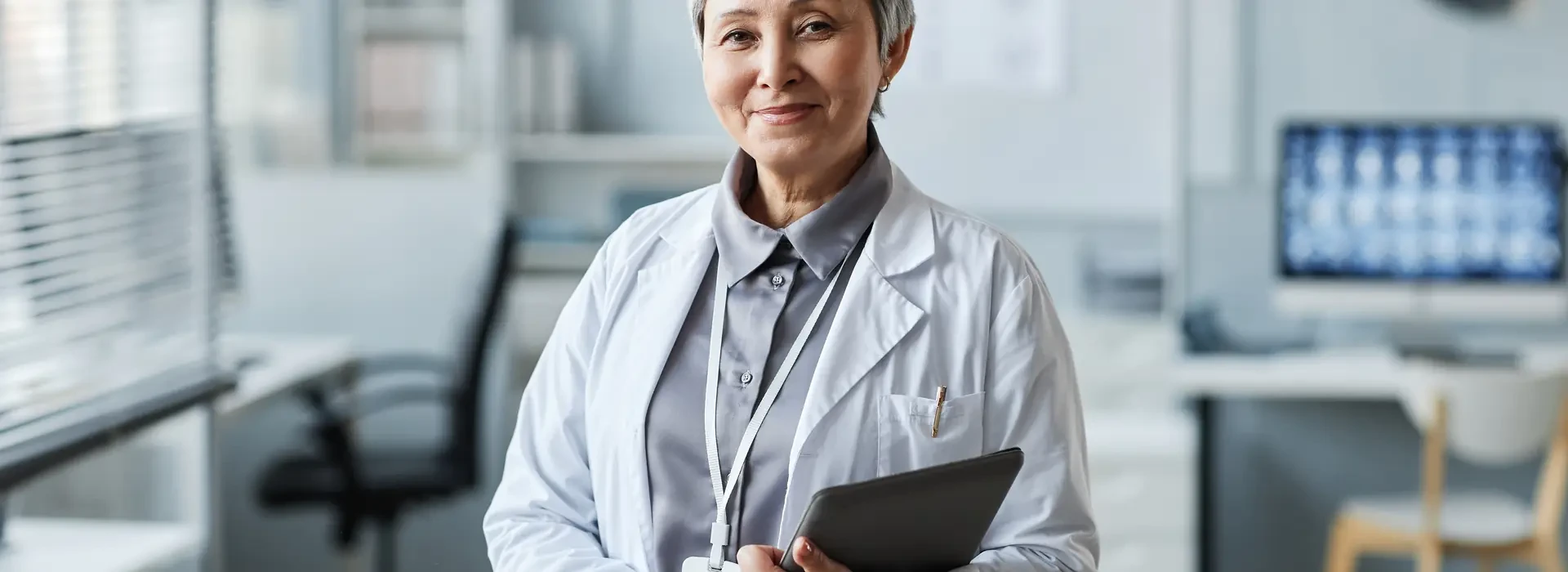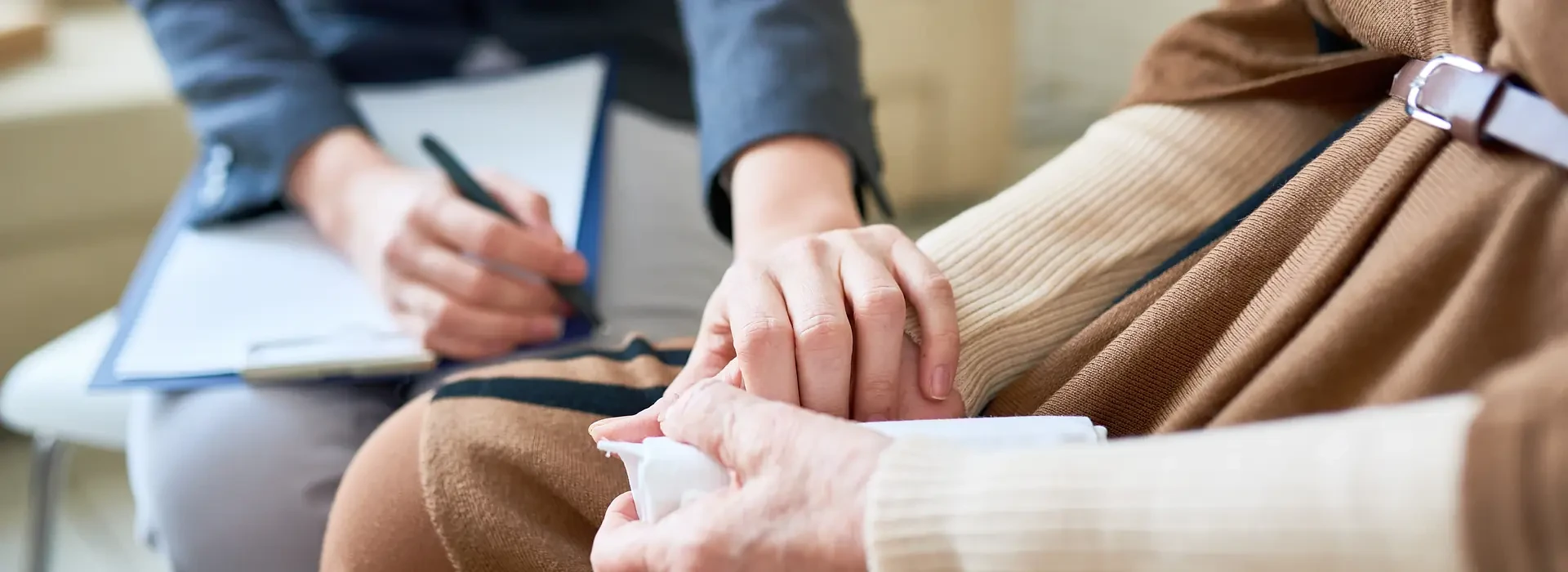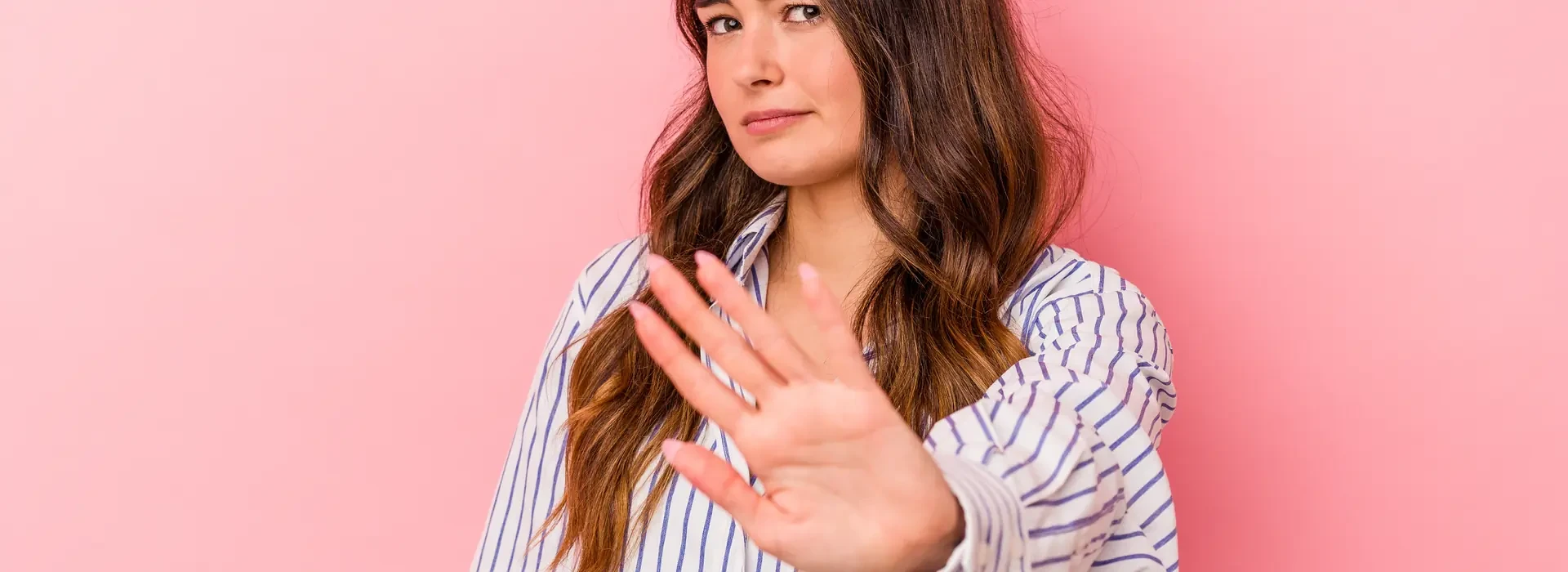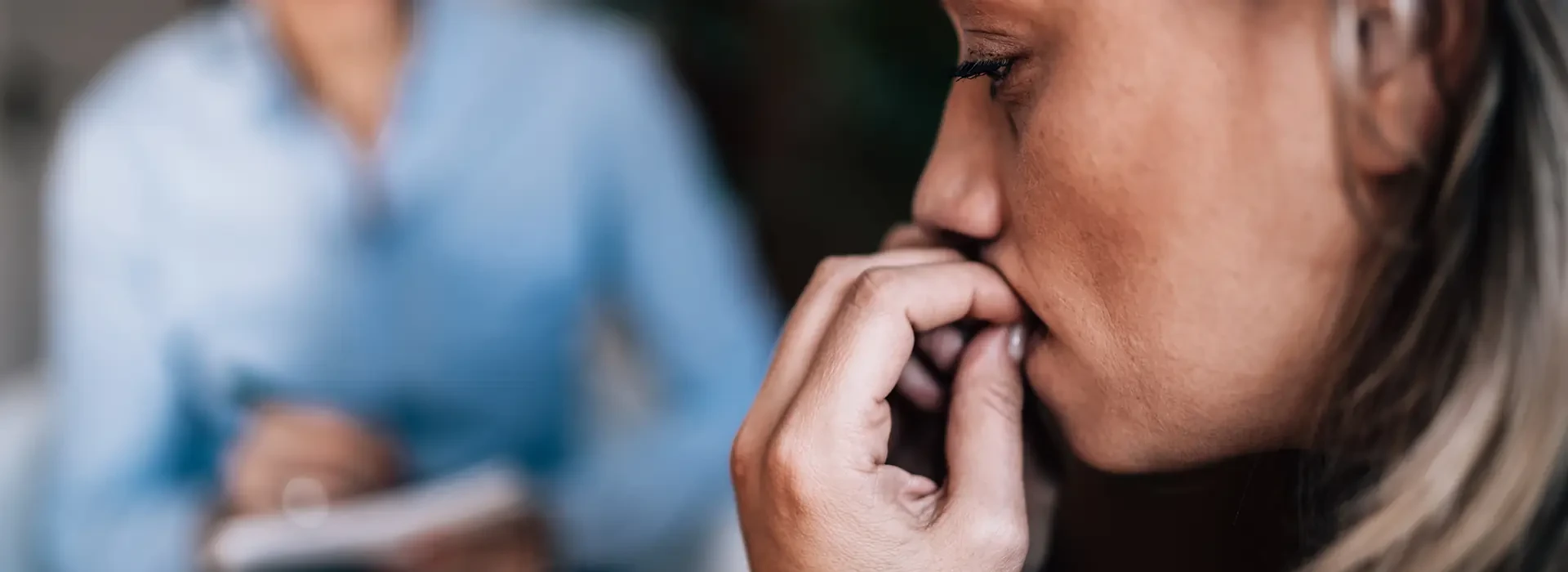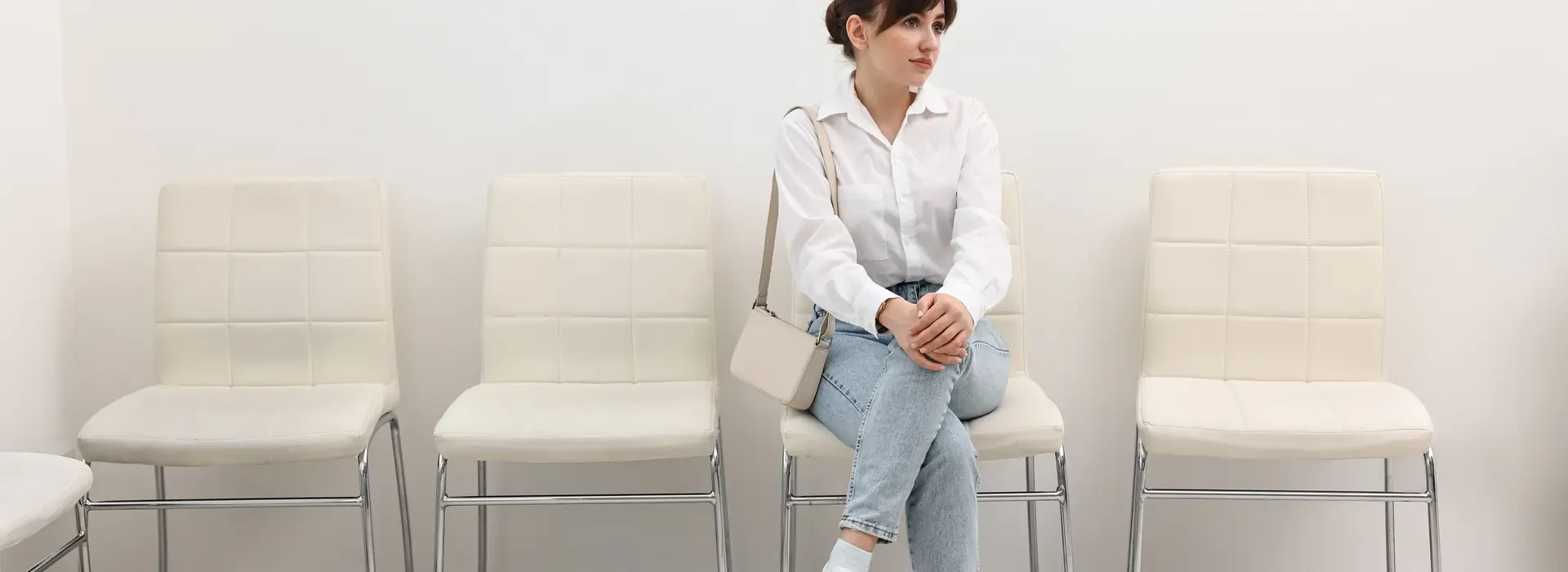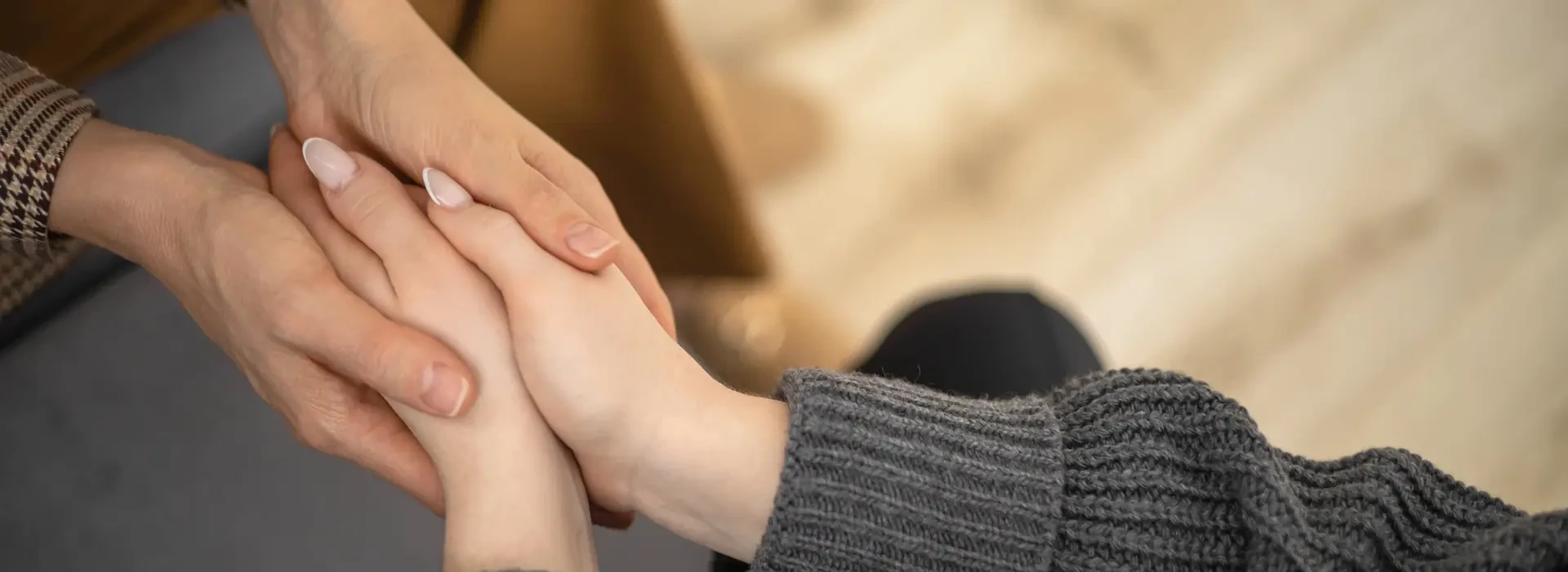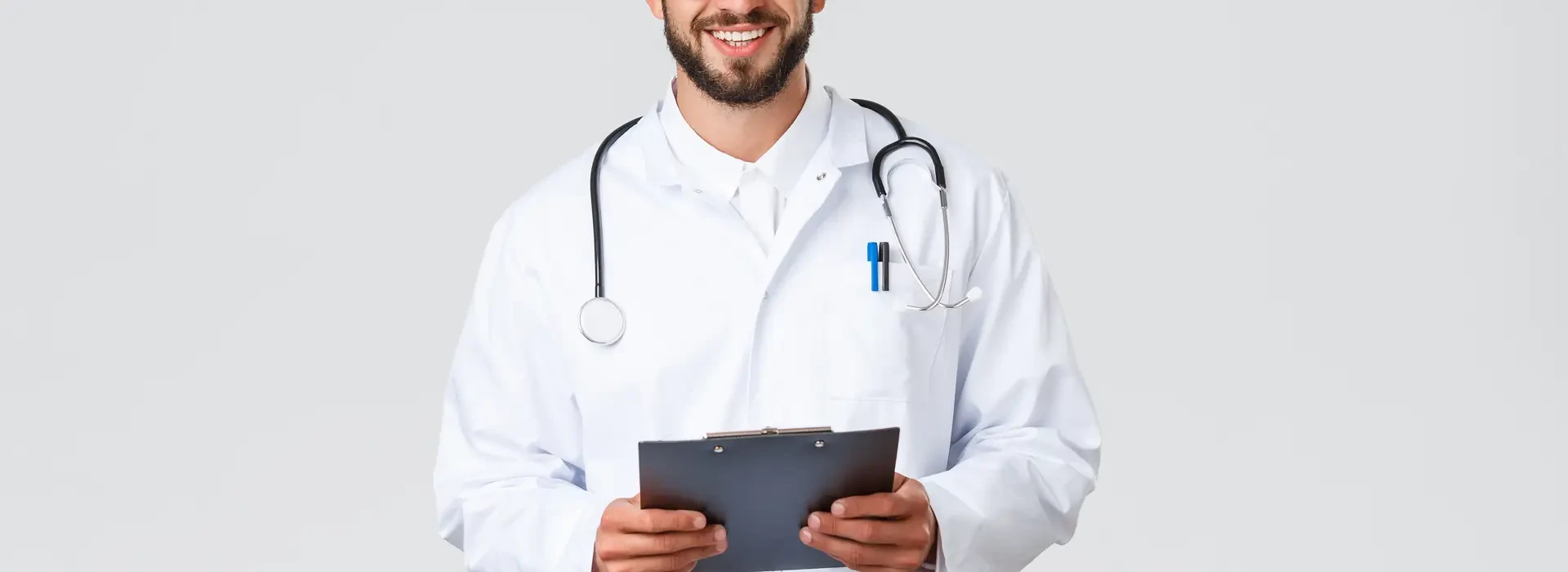Holistic therapy for anxiety brings together physical, emotional, and mental care to support your well-being. It uses natural approaches together with proven methods to ease symptoms of anxiety and encourage healthier daily habits.
By exploring techniques such as mindfulness, gentle movement, and nutritional support, this approach helps you find practical ways to treat anxiety and improve how you feel in day-to-day life.
Understanding Anxiety Disorders
Anxiety disorders involve patterns of excessive worry or fear that interfere with daily functioning and quality of life. They can influence your emotions, thoughts, and physical health, resulting in challenges in work, relationships, and personal activities.
What are Anxiety Disorders?
Anxiety disorders are medical conditions where persistent fear, nervousness, or unease continues beyond typical stress responses and disrupts your ability to cope with everyday demands. These may include generalised anxiety disorder, panic disorder, phobias, or other specific conditions, each presenting with unique triggers and patterns that require personalised care.
Recognising Common Symptoms
You may notice anxiety symptoms such as constant restlessness, rapid heartbeat, muscle tension, excessive sweating, episodes of panic attacks, and difficulty sleeping. Psychological signs can include intrusive worry, difficulty concentrating, irritability, and a sense of impending danger that affects your decision-making and daily routines.
Connection Between Anxiety and Depression
Anxiety and depression frequently co-occur, often sharing symptoms such as fatigue, irritability, reduced motivation, and changes in sleep or appetite. When both conditions are present, they can exacerbate each other, increasing the severity and persistence of symptoms.
Addressing them concurrently through integrated treatment can improve outcomes for anxiety and enhance the effectiveness of depression care, supporting better overall functioning in daily life.
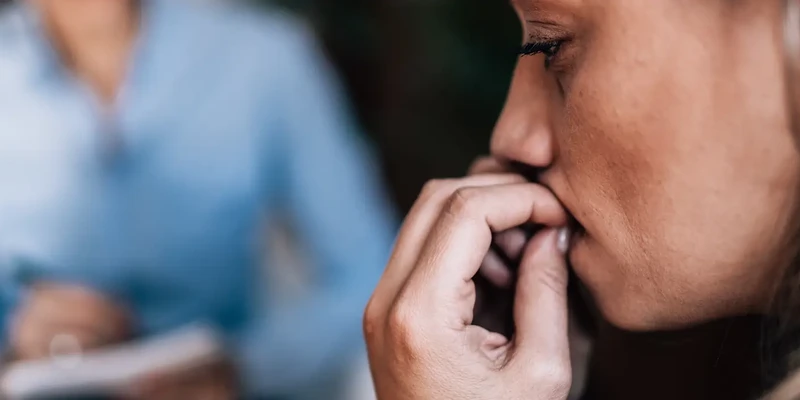
Types of Holistic Therapy for Anxiety
Holistic therapy for anxiety uses a range of natural and integrative approaches to reduce anxiety, improve emotional health, and support your overall physical and mental well-being.
Mindfulness and Meditation
Mindfulness and meditation cultivate awareness of the present moment and guide you to slow mental activity and regulate stress responses. Regular practice can help reduce racing thoughts, lower physiological arousal, and promote greater emotional stability.
With practice, this can improve concentration, support better coping skills, and enhance your sense of control in challenging situations.
Yoga and Gentle Exercise
Yoga and gentle exercise combine movement, breathwork, and relaxation techniques to release physical tension and reduce stress hormones. These activities can improve flexibility, support cardiovascular health, and encourage more restorative sleep. They also promote the mind–body connection, which can be valuable in managing feelings of anxiety.
In a systematic review and meta-analysis of randomised controlled trials involving individuals with elevated anxiety, participants practising yoga showed significant reductions in anxiety symptoms compared to control groups, indicating that yoga may be a safe and effective complementary intervention for anxiety management.
Nutritional Support
Nutritional support focuses on creating a balanced diet that helps regulate mood, energy levels, and brain function. This may include adding nutrient-dense foods, maintaining steady blood sugar, and addressing deficiencies linked to anxiety.
Certain dietary adjustments can support neurotransmitter activity, which plays an important role in emotional regulation and may assist in the management of many types of anxiety disorders.
Art and Music Therapy
Art and music therapy provide creative outlets for expressing emotions that may be difficult to verbalise. These therapies can help reduce tension, improve self-awareness, and offer a safe space for emotional exploration. The creative process can also encourage relaxation and foster a sense of accomplishment.
Massage Therapy
Massage therapy targets the body’s soft tissues to release tension, improve blood circulation, and encourage relaxation. By easing physical discomfort and reducing muscle stiffness, massage can help quiet the body’s stress responses and support a calmer mental state in those who suffer from anxiety.
Accupuncture
Acupuncture uses fine needles placed at specific points on the body to influence energy flow and support nervous system balance. This practice may help lower anxiety symptoms by encouraging relaxation, improving sleep quality, and promoting an overall sense of physical and emotional ease.
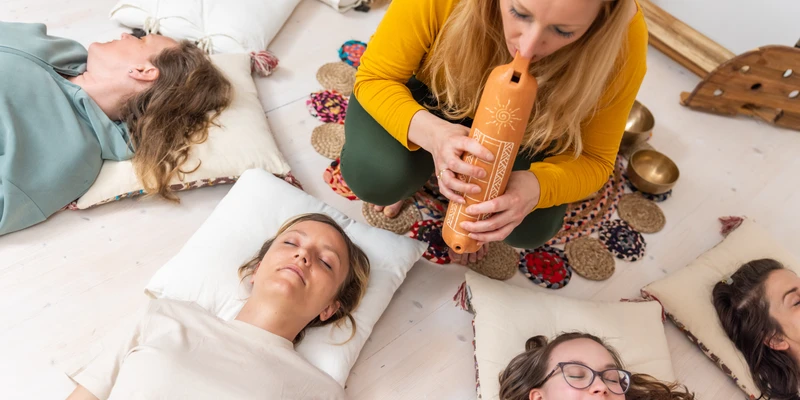
Combining Holistic Treatment With Other Methods
Integrating holistic therapy with conventional treatments can enhance anxiety management by addressing both physical symptoms and the underlying emotional or psychological causes.
Role of Anxiety Medication in Treatment
Anxiety medication can help reduce the intensity of anxiety symptoms such as persistent worry, rapid heartbeat, or restlessness, so that it is easier to engage in therapy and daily activities. These medications work by influencing brain chemistry to improve mood regulation, decrease excessive fear, and support greater mental steadiness.
When combined with therapy, such as cognitive behavioural therapy, medication can create a more stable foundation for learning and applying new coping skills.
Integrating Holistic Approaches With Medication
Holistic approaches such as mindfulness, meditation, yoga, nutritional support, and gentle exercise can work together with medication to address the sources of stress and anxiety, enhance emotional resilience, and support overall health.
This combination can also help decrease reliance on higher medication doses, minimise side effects, and encourage long-term maintenance of well-being. By blending medical care with holistic methods, you create a treatment plan that responds to both immediate and ongoing needs.
Self-Care Practices to Reduce Anxiety
Self-care practices, including consistent sleep schedules, regular physical activity, mindful breathing, and limiting stimulants like caffeine, can play an important role in reducing anxiety symptoms. Creating daily habits that promote relaxation and restore energy strengthens your capacity to handle stress effectively.
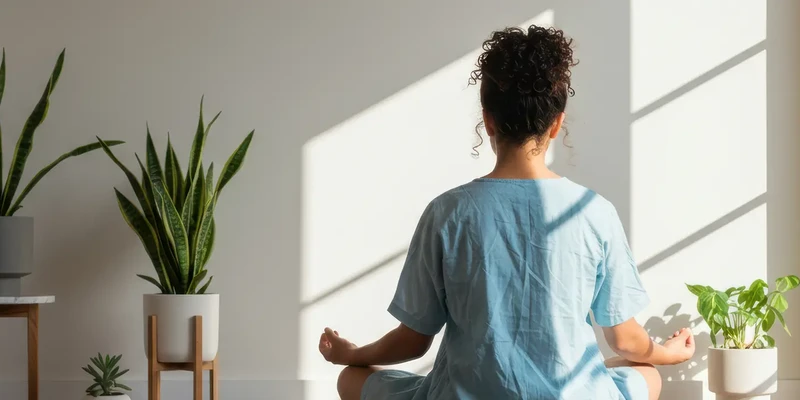
The Connection Between Anxiety and Addiction
Anxiety and addiction can influence each other and create a cycle that can be difficult to break without professional intervention. Anxiety may lead you to seek temporary relief through alcohol, drugs, or other addictive behaviours, which can, in turn, cause physical dependence and worsen emotional distress.
Substance use can change brain chemistry, intensifying feelings of anxiety and making them harder to manage. This interaction can impair daily functioning, damage relationships, and reduce overall health.
Addressing both conditions together is essential, as treating one without the other may leave underlying triggers unresolved and increase the risk of relapse or symptom recurrence.
Restore Balance Through Holistic Therapy at Liberty Home
At Liberty Home, holistic therapy provides various methods that care for your mind, body, and emotions together. We use natural approaches and evidence-based treatments to ease anxiety, improve daily well-being, and support progress.
Our team is here to guide you through practices that nurture health and help you feel more at ease, and give you practical tools to manage life with confidence and strength.
Frequently Asked Questions
What Holistic Practices Are Commonly Used to Help Relieve Anxiety?
Some of the common approaches include mindfulness, meditation, yoga, nutritional support, massage, acupuncture, and creative therapies, each aiming to reduce physiological stress responses and enhance emotional regulation.
What Are the Core Principles of Holistic Therapy for Anxiety?
The core principles involve addressing the mind, body, and emotions as interconnected aspects of well-being, identifying underlying contributors to anxiety, and promoting overall health through integrative and holistic interventions.
How Does Holistic Therapy Differ From Traditional Anxiety Treatment?
Holistic therapy combines lifestyle-based and natural methods with emotional care, while traditional therapy typically relies on psychological techniques and, when needed, pharmacological treatment.
Can Holistic Therapy Be Used Alongside Medical Treatment for Anxiety?
Yes. It can complement medical care by supporting stress reduction, improving coping skills, and enhancing treatment effects without interfering with prescribed interventions.
When Should Someone Seek Professional Help for Anxiety?
Professional help is advised when symptoms persist, interfere with daily functioning, or worsen in severity, as early intervention can enhance treatment effectiveness and support symptom management.
Is Holistic Therapy for Anxiety Suitable for Everyone?
Many people may benefit from holistic therapy, but suitability depends on individual health status, treatment goals, and any potential contraindications, which should be evaluated by a qualified healthcare professional.

